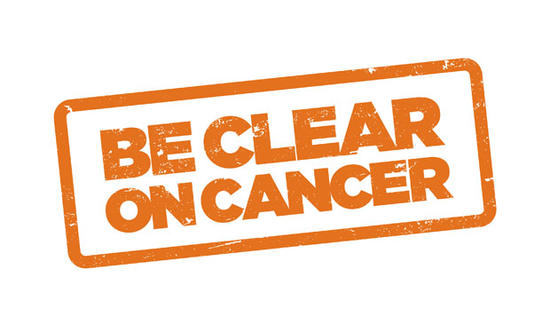Impact on services - preparing for the campaign

Bowel cancer screening can support cancer prevention and drive earlier diagnosis. Be Clear on Cancer (BCOC) campaigns were carried out to drive bowel screening uptake in England and Wales to support the national screening programmes.
The information on this page aims to help those responsible for services that may be affected by a national bowel cancer campaign. Where available, data and insights from previous pilots are provided.
Following the previous national campaign, urgent GP referrals increased and initial analysis of diagnostics waiting time and activity return shows there was an increase in colonoscopy and flexible-sigmoidoscopy activity in Feb-April 2012 compared with April-January 2011-12. However, no overall impact on long waits or length of time patients are on the waiting list for either test.
The regional bowel cancer pilot that ran in January to March 2011 led to a 48% increase in the number of people over 50 who visited their GP with relevant symptoms. On average this equates to one additional patient per practice per week. (Source: Bowel cancer awareness campaign evaluation: Impact on patients attending GP appointments June 2011). It may take a few weeks for you to notice the impact of the campaign and any additional patients requesting appointments. The 2011 pilot showed a peak 4 weeks into the campaign, then a moderate decline. In some trusts referrals have not gone back to pre campaign levels.
Brief colleagues via practice meetings and distribute relevant briefing sheets within your practice. Display campaign materials in your practice and encourage everyone to talk about the campaign, to help reinforce the key messages of the advertising.
Be Clear on Cancer statement
Be Clear on Cancer was a cancer awareness campaign led by Public Health England, working in partnership with the Department of Health and NHS England. This page contains links to documents that we hope you find useful. Please note however that the views or opinions expressed within those links are not necessarily those of Cancer Research UK.
